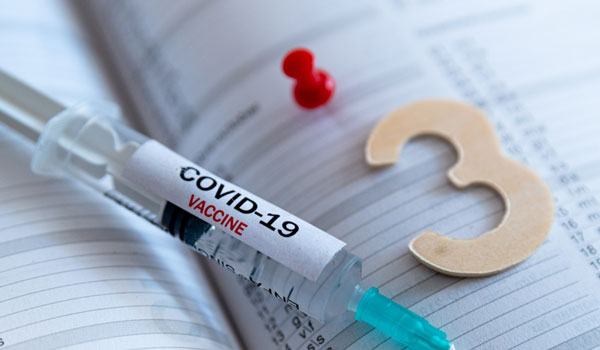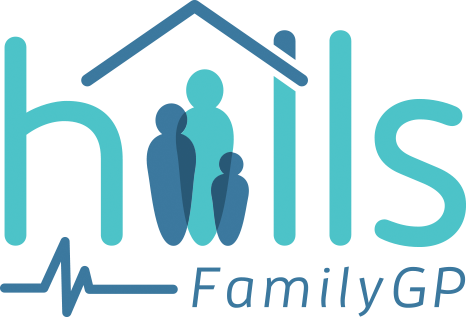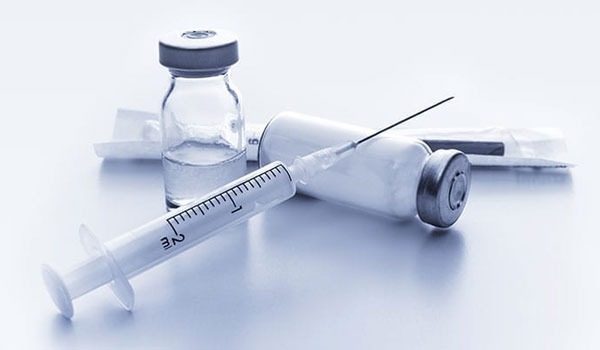Please note that the advice on this page is specifically for patients who have conditions which could have impaired their response to the first and second dose of the Covid Vaccine. The advice for boosters is different to what is referred to as dose three. Further information on boosters can be found on the government website or on our Covid-19 information page.

Frequently asked questions
Updated 4th June 2022
In keeping with ATAGI advice, people 5 years old and over with impaired immune function or who are taking medications that impair immunity should have a third dose of a Covid-19 vaccine to complete their primary course. People 16 years and over should also have a fourth dose and 5th dose to act as their boosters (see below).
An mRNA vaccine (Pfizer or Moderna) is preferred to Vaxzevria (AstraZeneca) for this 3rd dose. AstraZeneca can be used for the 3rd dose for individuals who have received AstraZeneca for their first 2 doses if there are no contraindications or precautions for use, or if a significant adverse reaction has occurred after a previous mRNA vaccine dose which contraindicates further doses of mRNA vaccine (e.g., anaphylaxis, myocarditis).
The recommended interval for the 3rd dose is 2 to 6 months after the 2nd dose of vaccine. A minimum interval of 4 weeks may be considered in exceptional circumstances (e.g., anticipated intensification of immunosuppression; outbreaks).
People aged 16 years and over with immune compromise or who have the conditions listed below are advised to have a booster (fourth dose) 3 months after the third dose has been given. A winter booster (fifth dose) is recommended 4months after the first booster.
- Blood related cancers such leukemia (current)
- Current active treatment for cancer – including chemotherapy, radiotherapy, and/or hormonal therapy
- Recipients of a solid organ transplant with immunosuppressive therapy
- Stem-cell transplant recipients or chimeric antigen receptor T-cell (CAR-T) therapy within 2 years of transplantation.
- Multiple immunosuppressants where the cumulative effect is considered to be severely immunosuppressive
- Primary immunodeficiency conditions – including combined immunodeficiency and syndromes, major antibody deficiency (e.g., common variable immune deficiency (CVID) or agammaglobulinemia), defects of innate immunity (including phagocytic cells), defects of immune regulation, complement deficiencies and phenocopies of primary immunodeficiencies.
- HIV with CD4 counts <250/μL or those with a higher CD4 count unable to be established on effective anti-retroviral therapy
- Long term renal dialysis
Anyone taking the following immunosuppressive therapies (now or at the time of dose 1 and 2):
- Mycophenolate
- Methotrexate (10mg per week or more)
- Leflunomide
- Azathioprine ≥0.5mg/kg/day
- 6-mercaptopurine
- Cyclophosphamide
- Cyclosporin
- Tacrolimus
- High dose corticosteroid treatment equivalent to >20mg/day of prednisone for ≥14 days in a month
- Abatacept
- Eculizumab
- Alemtuzumab
- Fingolimod
Covid-19 Information
Covid-19 Vaccines
Vaccines available at Hills Family Practice Pfizer Monovalent Omicron XBB.1.5 - for 12 years and over booster or primary course For children 5-11 years of age, please discuss with a doctor or nurse in order to obtain a suitable vaccination. If you receive your vaccine elsewhere, please let [...]
Covid-19 vaccination for people with low immunity
Please note that the advice on this page is specifically for patients who have conditions which could have impaired their response to the first and second dose of the Covid Vaccine. The advice for boosters is different to what is referred to as dose three. Further information on boosters [...]
Managing Covid-19 at Home
This page provides you with information about what to do if you have Covid-19. The advice on this page is of general nature and you should seek medical attention or call us if you have any questions. Frequently asked questions Managing Covid-19 [...]



